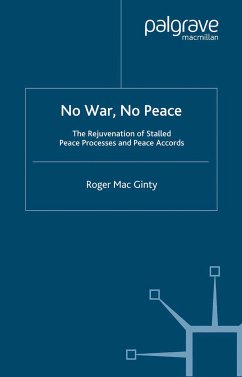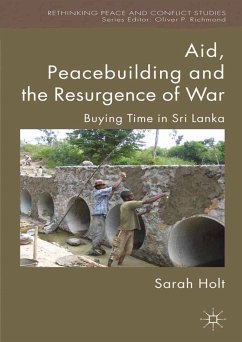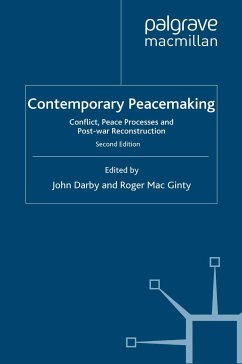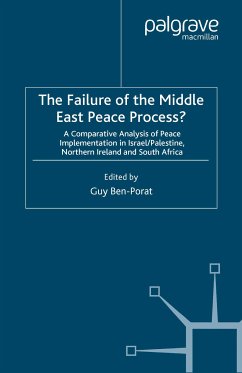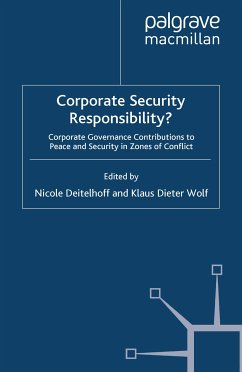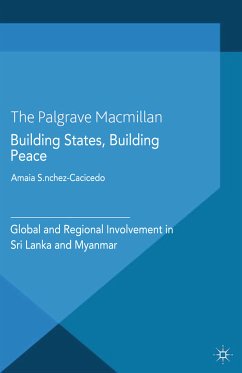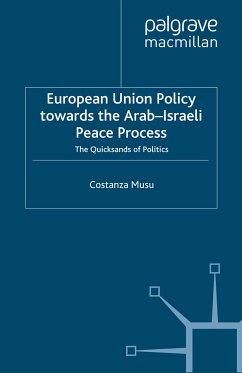Dieser Download kann aus rechtlichen Gründen nur mit Rechnungsadresse in A, B, BG, CY, CZ, D, DK, EW, E, FIN, F, GR, HR, H, IRL, I, LT, L, LR, M, NL, PL, P, R, S, SLO, SK ausgeliefert werden.
'Mac Ginty's question - why do so many peace processes fail? - is the right one to ask. His analysis and prescriptions about necessary changes in peacemaking are likely to make a very significant impact on the discussion on peace processes.' - Professor John Darby, Kroc Institute for International Peace, University of Notre Dame, USA
'This is a very well-informed seminal, sceptical monograph which asks why 'peace' is so elusive? Its timely revisionist treatise constitutes competition for Mark Duffield, Will Reno and Co!' - Tim Shaw, Professor and Director, Institute of International Relations, The University of the West Indies, Trinidad and Tobago
'[T]his is the first book of importance which attempts to situate the practices of 'peace' within a critical and comparative perspective. The author pulls few punches. Peace - he argues - rarely delivers on what it promises. And it is hardly ever about reconciliation. This is the tough, welcome, and necessary message delivered by Roger Mac Ginty in this path-breaking book. An indispensable volume that is bound to shape all future discussion on the subject.' - Professor Michael Cox, London School of Economics and Political Science, UK
'[A] major addition to a field that has attracted much recent public and specialist attention - that of what happens after the guns fall silent ...The book will be of great interest to those interested in post-conflict violence. Mac Ginty brings a much needed perspective that is both ethically sound and also eminently pragmatic.' - Professor Andrew Williams, University of Kent, UK

